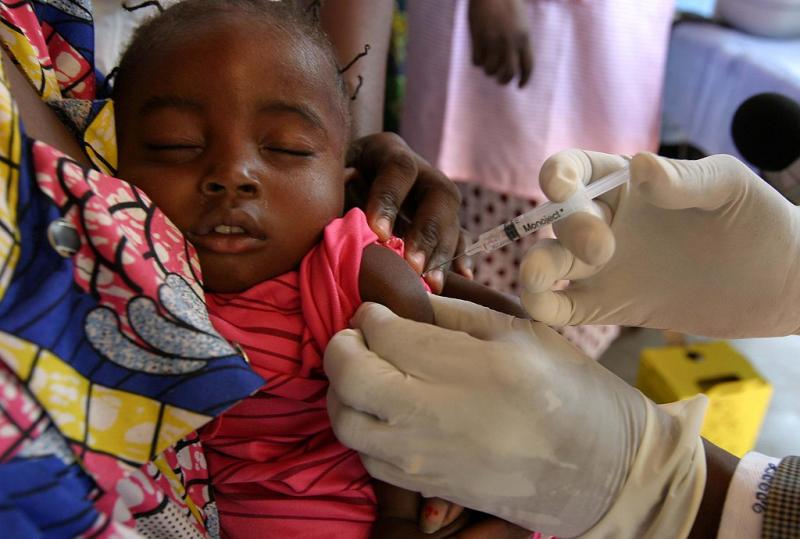Cochrane SA currently co-ordinates a multi-disciplinary vaccine implementation research programme. The programme includes several projects with the shared goal to generate, synthesise and disseminate evidence-based knowledge on vaccines and immunisation practices, with a particular focus on Africa.  Our overarching vision is that national and regional immunisation decision-making and strategies are informed by high quality, timely and relevant research evidence.
Our overarching vision is that national and regional immunisation decision-making and strategies are informed by high quality, timely and relevant research evidence.
Various projects focus on the ‘supply-side’ of immunisation programmes in Africa, and the role of structural barriers in vaccine access and availability. One of our projects is investigating missed opportunities for vaccination (MOV), including evidence syntheses examining poverty- and education- related inequalities for MOVs in the region and strategies for reducing MOVs, as well as a primary research project testing the effect of a quality improvement programme on MOVs in Nigeria. Another project is examining the frequency, causes and effects of vaccine stock-outs in Africa, and interventions for mitigating their impact.
Even when vaccines and vaccination services are available, they are not always taken-up. Vaccine hesitancy, which represents a continuum between vaccine acceptance and refusal is a growing threat to immunisation programmes in Africa. Having highlighted the knowledge gaps and advances in this area, we are currently developing capacity for socio-behavioral insights and interdisciplinary research on vaccine hesitancy to fill these knowledge gaps. Current research activities include inter alia a scoping review of tools to measure vaccine hesitancy, a bibliometric analysis of global research productivity on vaccine hesitancy, qualitative evidence syntheses on the factors influencing acceptance of childhood vaccination and adolescent HPV vaccination, and an exploration of HPV vaccine hesitancy in South Africa, including in relation to the media.
Other projects embedded in our programme of work include contextualising strategies to increase childhood and adolescent vaccination coverage in South Africa, which builds on our previous work with national and provincial EPI managers in the country; an analysis of vaccine trial activity in Africa, investigations of the burden of, and preparedness and surveillance systems for, influenza in Africa; as well as various systematic reviews examining the effects of vaccines, including HPV vaccines in people living with HIV, BCG revaccination and its protection against tuberculosis, fractional dose vaccination against poliomyelitis and yellow fever, and the effectiveness of vaccines among people with sickle cell disease.
Ultimately, through our current and future portfolio of vaccine implementation research we hope to bring relevant information to policy-makers and implementers in Africa. This will in turn help facilitate timely evidence-informed decisions, thereby contributing to more equitable immunisation coverage on our continent and reducing the ‘vaccination gap’ between high-income countries and their African counterparts.
